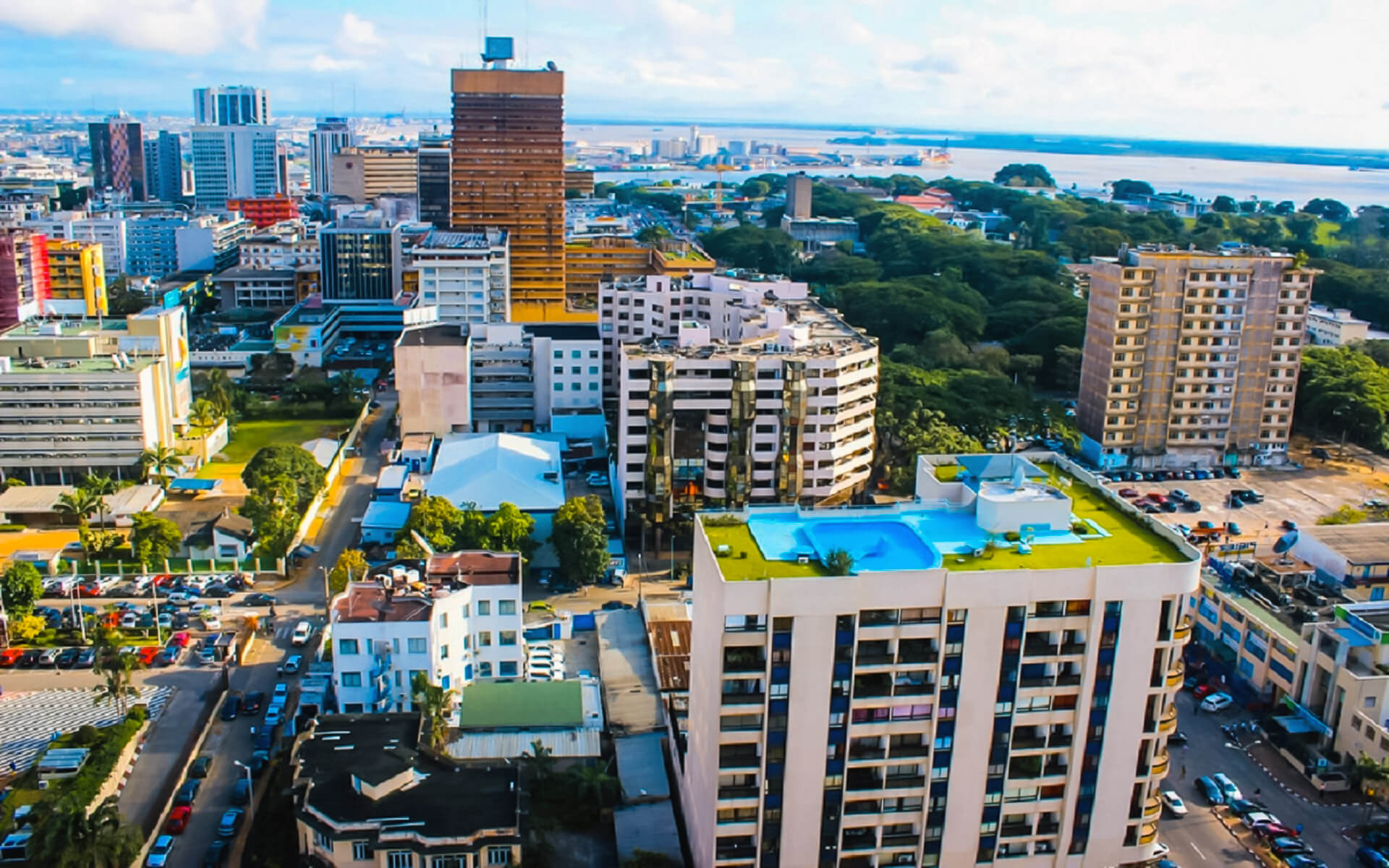Abidjan is the Ivory Coast’s economic center and the continent’s most populated French-speaking metropolis. According to the 2014 Ivory Coast census, Abidjan has a population of 4.7 million people, accounting for 20% of the country’s total population. Only Lagos, Nigeria’s former capital, outnumbers Abidjan in terms of population in West Africa. Abidjan, known as the cultural crossroads of West Africa, has a high degree of industrialization and urbanisation.
Following the building of a new port in 1931 and its designation as the capital city of the then-French colony in 1933, the city flourished swiftly. After the Ivory Coast gained independence from France in 1960, Abidjan remained the capital. In 1951, the Vridi Canal was completed, allowing Abidjan to become a major seaport. The city of Yamoussoukro was declared as Cote d’Ivoire’s formal political capital in 1983. Almost all political institutions and foreign embassies, on the other hand, remain in Abidjan. Abidjan has been recognized as the country’s “economic capital” since it is also the country’s biggest city and the center of its economic activities.
Abidjan is a one-of-a-kind African metropolis. The city’s nicknames, such as “Manhattan of the Tropics,” “Small Manhattan,” and “Pearl of the Lagoons,” illustrate the city’s erratic and victorious image. It is the ideal location for business travel because of its accommodations – such as the Golf Hôtel – and athletic facilities, as well as its vibrant nightlife, transportation and communication connections, and impressiveness.
In the Vridi neighborhood of Abidjan, there are other beaches surrounding the lagoon with palm and coconut trees, which are highly popular on weekends due to the scenic sight of pineapple and coconut vendors. Nonetheless, because to the riptides that afflict almost the whole coast of the Gulf of Guinea, swimming is not normally permitted in this region.
Tourism has never truly evolved as an economic activity in Cote d’Ivoire, and the country does not figure among popular vacation spots.
Abidjan is sometimes referred to as “West Africa’s Paris.” The city of Abidjan developed under the lengthy and steady administration of the Ivory Coast’s Godfather Felix Huphouet-Boigny. However, the city has suffered as a result of the city’s political instability and civil conflict during the last decade. Neglect, poor building and public space care, and a major migration of immigrants have created a feeling of “lost grandeur” in the city. This can be observed no better than at the renowned Hotel Ivoire. It’s like stepping into the 1960s when you go in; the decor and furnishings haven’t been updated or changed much since it was built. Unfortunately, instead of turquoise seas, its enormous swimming pool has weeds growing on the bottom. The public zoo is quite lovely. It’s a lovely facility with plenty of fascinating animals for just CFA 200, so it’s definitely worth the money. Don’t forget to visit Bassam, Abidjan’s most popular beach.


